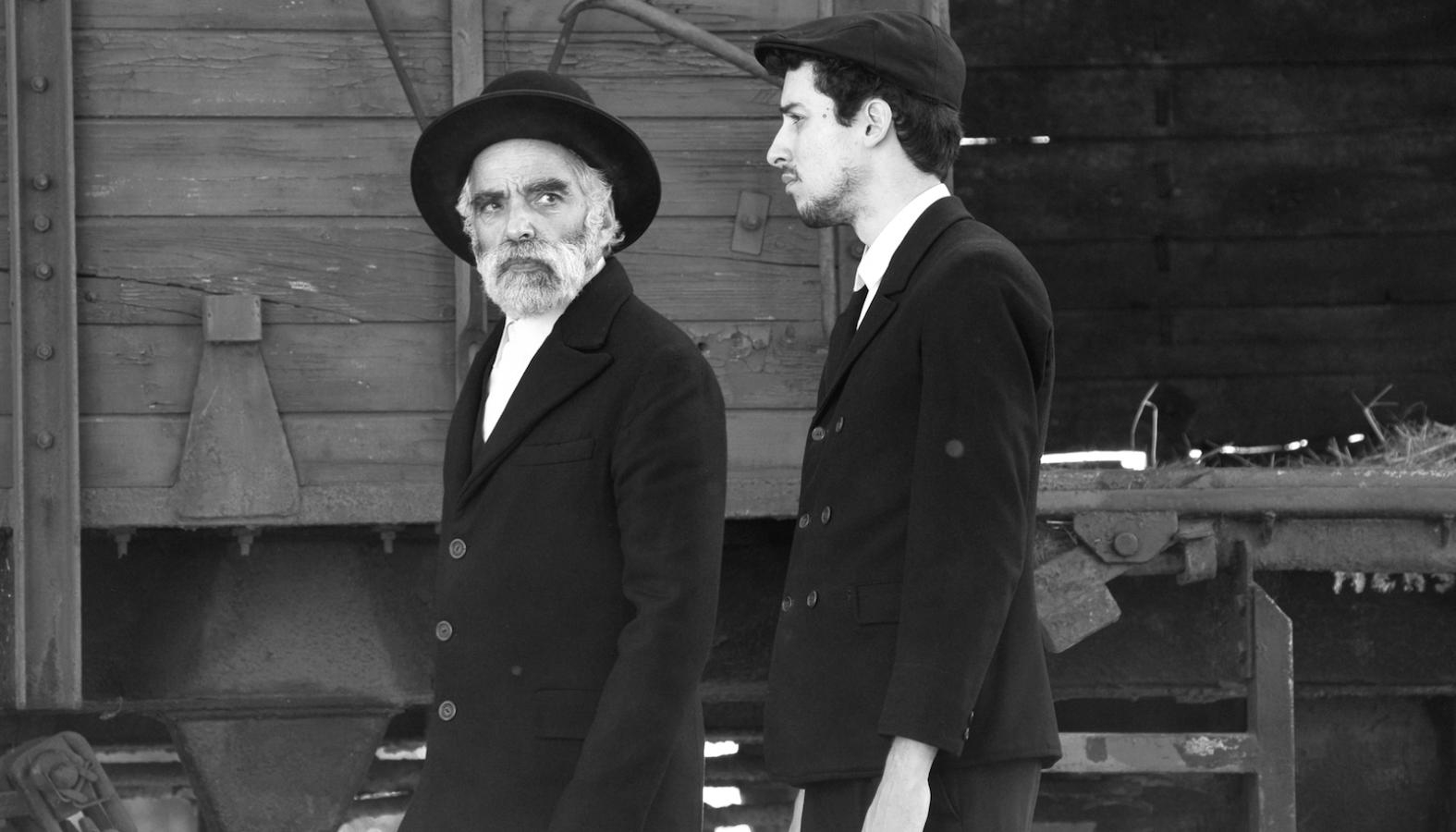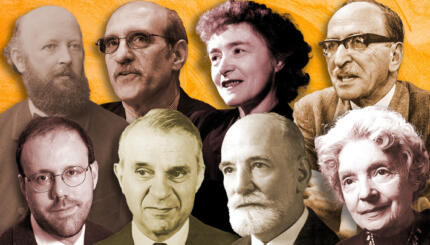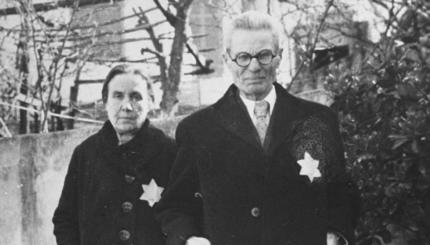The inherent drama of the Holocaust lends itself, too easily, to bad filmmaking. The less-talented filmmaker relies on tropes so well-worn that what might be a compelling and complex narrative comes out, instead, as flat, even offensive. It’s why there are so many bad Holocaust films — Hollywood productions that wind up delimiting naturalism, reducing real-live people to archetypes and going for cheap emotional manipulation.
With all that said, the excellent Holocaust films, the truly must-sees, transcend ratings. They have humanist aspirations, tell stories that need to be told, and do so in the affecting and often brutal ways of high art. You’ll find few clichés in the films below — only power and feeling and nuance. Unlike Life is Beautiful, The Pianist or Steven Spielberg’s inescapable Schindler’s List, these are films you might not know about. But trust us: They are dramas that shouldn’t be missed.
Ida (2013, Polish)
Winner of the 2015 Academy Award for Best Foreign Language Film, Polish filmmaker Paweł Pawlikowski’s masterpiece Ida ranks as one of the greatest Holocaust—or otherwise—films of all time. Ida, which takes place in 1962, is the story of Ida, an orphan raised by nuns, who learns that she is, in fact, a Jew. Together with her aunt, her only remaining relative, Ida searches for the truth about her past, leading her, in lush, gorgeous black-and-white cinematography, to realizations better left buried.
The Pawnbroker (1964)
On the strength of Rod Steiger’s earthshaking performance, this Sidney Lumet tour-de-force was the first American film to depict the horrors of the Holocaust as they manifested after the war was over—and still remains perhaps the greatest. Steiger is Sol Nazerman, a former university professor who survived the camps after losing his two children and wife. Years later, Nazerman owns and runs a pawn shop in Harlem, where he has become an abject misanthrope, emotionally numb and ruthlessly unsympathetic—until, finally, he snaps. In the annals of survivor depictions, nothing touches Steiger’s grandest achievement.
Phoenix (2014, German)
German filmmaker Christian Petzold’s modern film noir is an undertaking of breathless beauty and duplicity. Starring Nina Hoss as Nelly, a survivor rendered unrecognizable after facial reconstruction surgery, Phoenix is the story of Nelly’s search for her husband, a lout who may have been the one who betrayed her to the Nazis. Petzold indulges in some of the genre’s well-trod tropes, but his attention to Nelly’s psychology, a survivor plopped back into a world that would prefer to ignore than remember, is more than commendable. And the ending simply devastates.
Son of Saul (2015, Hungarian)
Nothing will be the same after Son of Saul. Hungarian director László Nemes’ debut, the film is a day in the life of Saul Ausländer, a member of the Sonderkommando — a unit of Jews forced to aid in the killing of other Jews — at Auschwitz. Shot mostly over-the-shoulder, or in very-blurry close-up, the film depicts the mundane horrors of Ausländer’s work — salvaging valuables, removing corpses from the gas chambers and scrubbing the floors — with an unflinching chill. Even without the exceptional work of Géza Röhrig as Saul, a first-time actor and poet, this winner of the 2015 Best Foreign Language Film film would be formidable.
1945 (2016, Hungarian)
Ferenc Török’s recent film begins on a summer day in 1945, when an Orthodox Jew and his son get off a train in a tiny Hungarian village. This doesn’t bode well for the villagers, who are worried their community’s deported Jews will come back to reclaim the property and possessions stolen from them.Quiet, subtle, and fair, 1945 is a very different kind of film.
Train of Life (1998, French)
Released a year after Roberto Benigni’s Life is Beautiful, this French film approaches the Holocaust in much the same way: as a cocktail of slapstick and tragedy. Whereas Benigni’s film controversially suggests that optimism trumps Nazism, director Radu Mihaileanu’s Train of Life treats the fictional, hilarious tale of an entire shtetl’s escape from Europe as exactly what it has to be: a complete, utter, devastating farce.
Europa Europa (1990, German)
Based on a true story, this film follows Solomon Perel, a young German Jew who survives the Holocaust by falling in with the Nazis and posing as a non-Jewish translator. Though the film’s desire for verisimilitude renders it silly at times — there are many coincidences, tricks of fate, that test patience — the story of Perel is simply too bizarre and too extraordinary to be missed.
shtetl
Pronounced: shTETTull, Origin: Yiddish, a small town or village with a large Jewish population existing in Eastern or Central Europe in the 19th and early-to-mid 20th century.



